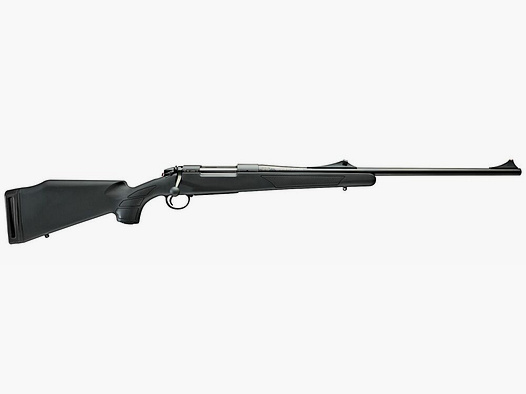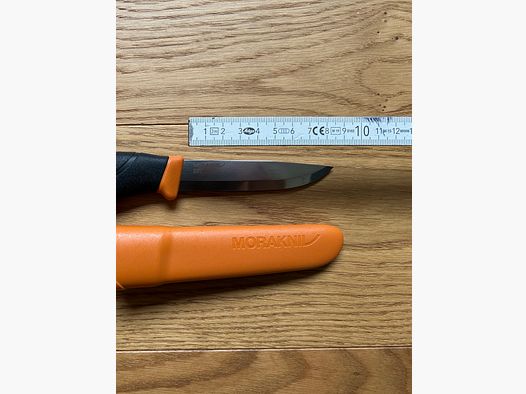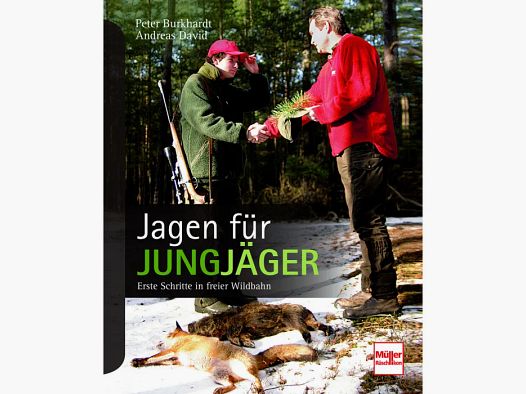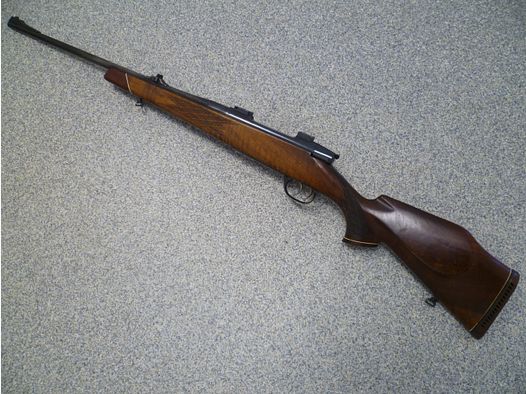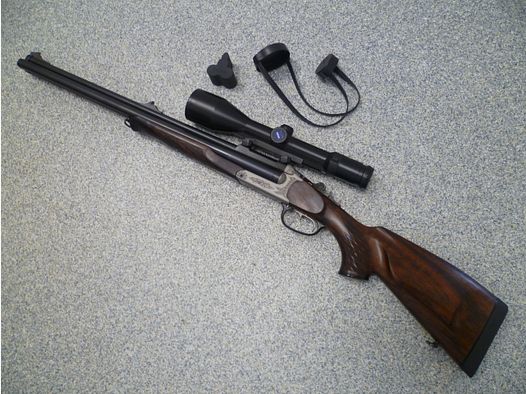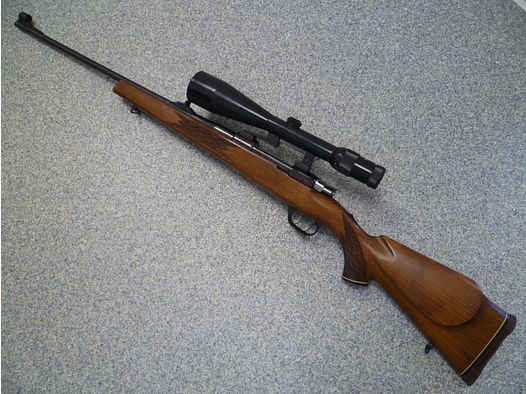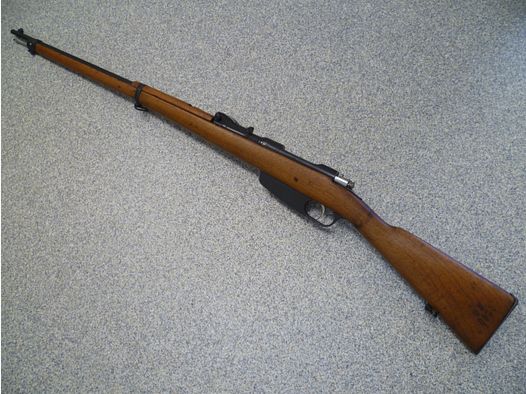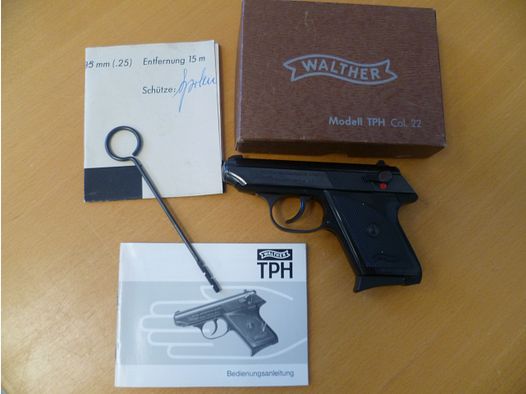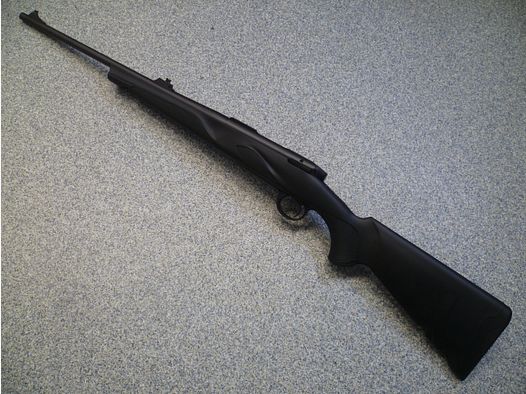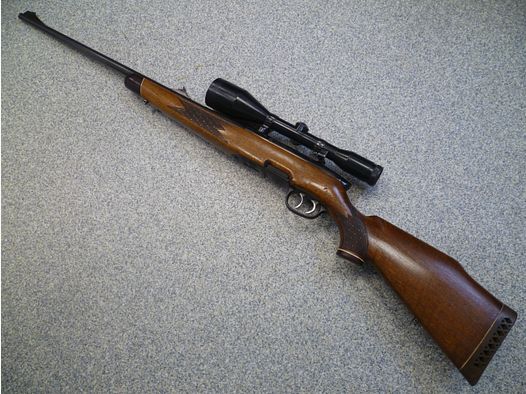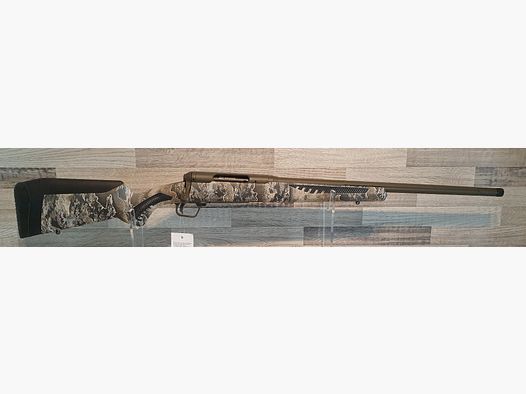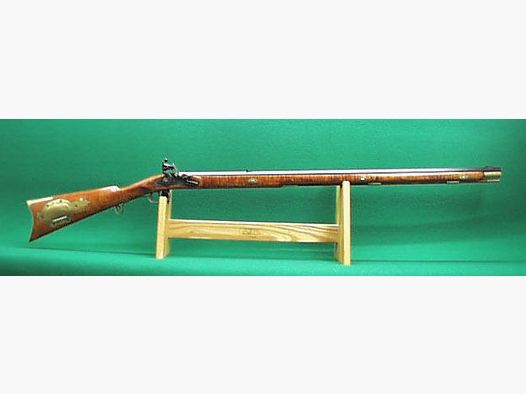Learning to hunt is also very much in trend in the Corona year 2020 - after most schools had to suspend their teaching or switch to online classes in March, most hunting schools have resumed their operations. This has its reason: In Germany, twice as many young hunters are joining every year compared to ten years ago. There are many reasons for this: Hunting is a sustainable occupation and serves many hunters in our time as a deceleration, as a nature-connected counterbalance to the hectic everyday life. However, before one can go hunting for the first time, the first hurdle is the hunter's exam and thus the question of how best to train to become a hunter. Below are the most important questions about the hunting license and especially where to find the course that suits you best:
What does the hunting license cost?
The course for the hunter's exam costs about 1500 - 3000 euros, depending on which training provider and course model the aspiring young hunter chooses. Schools that offer short, compact intensive courses are usually a bit more expensive than traditional training institutions such as associations, district hunting associations, or clubs, whose evening courses may also extend over several months. In addition to the training, a hunting liability insurance must be taken out (about 80 euros for three years), and the hunting license also costs about 70-90 euros per year at the lower hunting authority.
What courses for the hunting license are available?
Although it is not mandatory in all federal states, it is highly recommended to take a course at a hunting school or with a district hunting association in preparation for the hunter's exam. Most hunting schools offer various courses, such as so-called compact courses, which extend over a period of 3 - 4 consecutive weeks. As an alternative, there are weekend courses, where classes take place over the weekends for about three months. Traditional training institutions like district hunting associations usually offer evening courses that can last up to a year, but are also very practical. Due to Corona, many hunting schools were forced to be flexible in recent months, and now many courses are also offered online or in blocks.
How does the training for the hunting license proceed, how much effort is required?
In most federal states, a minimum number of teaching hours and practical shooting training is required. For example, in Mecklenburg-Vorpommern, 130 teaching hours must be completed to be admitted to the exam. The minimum recommended by the German Hunting Association is 100 hours of theoretical training. The training mainly takes place through theoretical instruction at the hunting school, while shooting training occurs at the shooting range. However, since hunting is a practical craft, it is important that practical units are also included in the curriculum. For example, building high seats or gutting game should definitely be learned through practical application, or at least an impression should be conveyed. In fact, there are hunting schools where practical gutting is not taught in class.
What training content is taught?
The hunter's exam is often colloquially referred to as the "green high school diploma" - the reason is the large scope of content that hunters must master in the hunter's exam and later in hunting practice to be able to constructively contribute to nature. Very important is initially the shooting training and weapon knowledge, where legal topics are primarily in focus alongside weapon technology. Furthermore, safety regulations, maintenance, and proper storage are taught.
In addition to the proper handling of weapons, knowledge in the following subjects is essential for hunters:
General wildlife biology: Expertise about the various animal species living in Germany, their habitats, nature conservation, and ecology, as well as about the plant world and the habitat inhabited by wildlife.
Meat processing and wildlife diseases: Hunters must know how to process game after the shot and what hygiene standards must be maintained. It is also important to be able to recognize wildlife diseases in order to contain their spread on the one hand and to only bring uncontaminated game meat into circulation on the other.
Dog handling: Which dogs are used for hunting and how? How are they to be kept, trained, and educated?
Law: For hunters, it is essential to have a solid understanding of hunting law and animal protection. Where is hunting allowed and under what conditions? What responsibilities does the hunter have for the area he hunts and protects?
Hunting practice: Hunting students learn what types of hunting exist and what equipment is required, how to manage wildlife, and which game may be hunted. This also includes the organization of communal hunts. Additionally, hunting traditions are taught - hunting is a very old craft with a rich spectrum of customs and traditions worth preserving. In this sense, fair hunting is also part of hunting. That is, respectful, tradition-conscious, and above all, safe hunting.
For many who begin to take an interest in hunting, the scope of the learning content is initially daunting - however, one should not be discouraged by this. The courses are designed so that the material can be internalized. For many hunting students, their training period is a time that expands their horizons and worldview, which they enjoy and fondly remember later.
What happens after passing the hunting exam?
In addition to passing the hunter's exam, a clean police clearance certificate and proof of completed hunting liability insurance are required. The hunting liability insurance can be taken out online with most common insurance providers. Leading in this area is Gothear. To verify the required reliability of the hunting license applicant, the lower hunting authority checks the police clearance certificate, which it requests independently. The duration of the verification process varies from federal state to federal state and can take up to 3 months.
Our tip: Apply for the hunting license even before passing the hunter's exam, so the license can be issued shortly after passing the hunter's exam.
What does the hunting license entitle you to?
The hunting license generally entitles you to practice hunting, provided a hunting opportunity is available. In Germany, one is only eligible for a lease after completing the third full hunting year, so either a private hunt is required or a hunting permit - only under this condition may a young hunter go hunting. Another popular option is participation in communal hunts.
The hunting license also generally entitles you to own weapons (for which a weapon ownership card is still required), as well as to carry them in connection with hunting. This can be the case either in a hunting area or at the shooting range.
Most hunting schools also integrate training for the "knowledgeable person" into the course - an additional certificate that qualifies one to inspect game meat and put it on the market.
What does the hunting license not entitle you to?
The hunting license is not equivalent to a gun license. A gun license allows the holder to carry a weapon in public, for example, for self-defense. This is expressly prohibited for hunters!
Where can I find the right course?
On our site Jagdschulen.org, almost all courses in Germany are listed and can be searched through various filter functions so that the right course can be found with just a few clicks.



